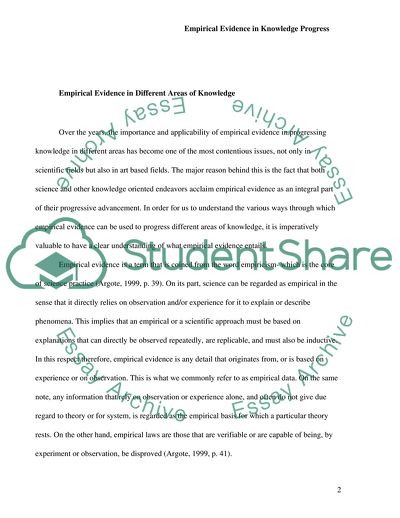Cite this document
(Empirical Evidence in Different Areas of Knowledge Term Paper, n.d.)
Empirical Evidence in Different Areas of Knowledge Term Paper. https://studentshare.org/science/1723992-examin-the-ways-empirical-evidence-should-be-used-to-make-progress-in-different-areas-of-knowledge
Empirical Evidence in Different Areas of Knowledge Term Paper. https://studentshare.org/science/1723992-examin-the-ways-empirical-evidence-should-be-used-to-make-progress-in-different-areas-of-knowledge
(Empirical Evidence in Different Areas of Knowledge Term Paper)
Empirical Evidence in Different Areas of Knowledge Term Paper. https://studentshare.org/science/1723992-examin-the-ways-empirical-evidence-should-be-used-to-make-progress-in-different-areas-of-knowledge.
Empirical Evidence in Different Areas of Knowledge Term Paper. https://studentshare.org/science/1723992-examin-the-ways-empirical-evidence-should-be-used-to-make-progress-in-different-areas-of-knowledge.
“Empirical Evidence in Different Areas of Knowledge Term Paper”. https://studentshare.org/science/1723992-examin-the-ways-empirical-evidence-should-be-used-to-make-progress-in-different-areas-of-knowledge.


